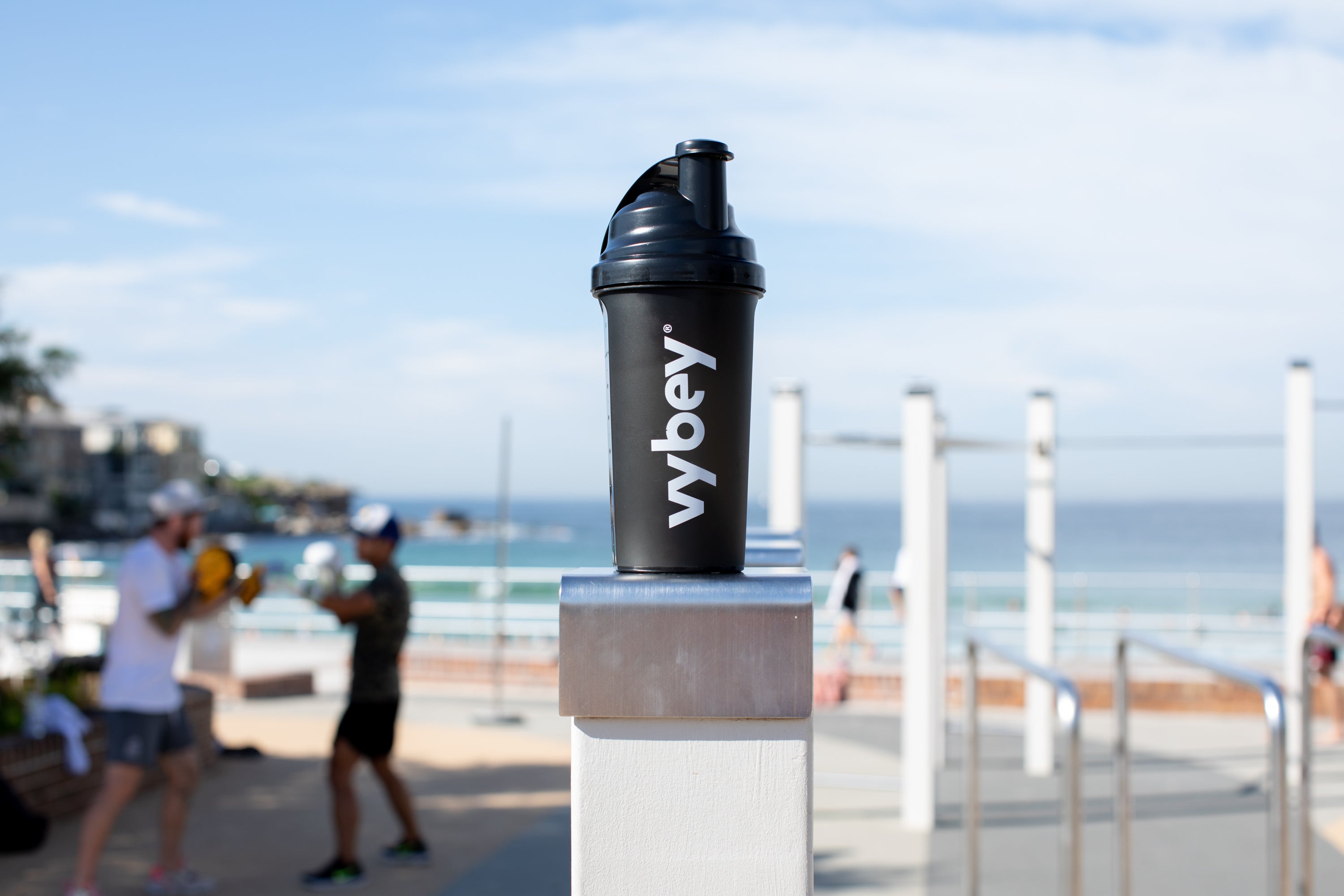Metabolism describes all the chemical processes happening continuously inside your body to keep you alive and functioning normally. Things like breathing, repairing cells, and digesting food all require energy. Your body's minimum energy to carry out these vital chemical processes is called your basal metabolic rate (BMR).
Your BMR could account for up to 80% of your daily energy requirements, depending on factors like your age and lifestyle. A "slow metabolism" basically just means you have a low BMR. You can find online calculators that estimate your personal BMR using equations like the Harris-Benedict formula.
Why metabolisms can differ
Even if two people look similar on the outside, their metabolic rates can vary. Body size, age, gender and genetics all influence how fast or slow your metabolism runs.
People with more muscle than fat tend to have a faster metabolism since muscle cells require more energy than fat cells.
As we age, muscle mass tends to decrease while fat increases, slowing down our metabolic rate. Men generally have a faster metabolism due to their higher muscle mass than women of the same weight.
Your genes and family history determine part of your metabolic rate. Genes affect your muscle fibre composition and ability to build muscle, impacting metabolism. Some people are simply born with a tendency towards a faster or slower metabolic rate.
Can you speed it up?
While factors like age and genetics are outside your control, there are still strategies you can try to give your metabolism a little boost:
Strength training and HIIT
Hitting the weights can positively impact your metabolism [1]. Resistance training builds muscle, and the more muscle you have, the more calories your body burns at rest.
High-intensity interval training (HIIT) workouts are fantastic for revving your metabolic furnace with a metabolic "afterburn", meaning you continue torching calories at an elevated rate even after your workout.
Balanced, whole-food meals
What you eat can also make a difference. Focus on balanced meals containing quality protein sources like lean meat, fish, eggs, and lentils. Include complex carbs from whole grains, fruits, and veggies and healthy fats from nuts, seeds, olive oil, and avocados.
Eating this way gives your body plenty of nutrients to function optimally instead of missing out on specific vitamins and minerals.
There's also evidence that a varied diet helps maintain a healthy, diverse gut microbiome [2], which may have metabolic benefits.
Meal replacement shakes

Products like vybey Complete Meal Powder provide a convenient way to get a metabolically optimised balance of protein, healthy fats, fibre, vitamins and minerals in a single shake.
vybey Complete Meal Powder provides complete nutrition with sustainable and organic ingredients – it is low sugar, high fibre, and packs 29 g of protein to keep you strong, full, and ready to tackle the rest of the day.
Meal replacement shakes take the guesswork out of portion sizes and calorie counting to help you lose weight.
The fact that vybey is made from whole foods and fortified with vitamins means you are fuelling your body with the healthy ingredients it needs.
Incorporating meal replacement shakes into your diet is also easy – just replace one meal per day with a shake. Job done.
Coffee and tea
If you're a fan of coffee, tea or other caffeinated beverages, good news! Caffeine can give your metabolism a small but significant kick into a higher gear.
A fantastic upgrade over coffee is vybey Braincare Smart Focus, a nootropic coffee alternative with 35-40 mg of natural caffeine, B vitamins, and a powerful nootropic blend of lion's mane, chaga, cordyceps, and Reishi mushroom.
Nootropics have brain—and body-boosting compounds that can help you have more energy during the day. Green tea—an ingredient in the Matcha flavour—provides an extra metabolic boost thanks to its antioxidant compounds.
Avoid ultra-processed foods
Just as important as what you should eat is what you shouldn't. Ultra-processed foods loaded with sugar, unhealthy fats, salt and additives are linked to weight gain and make poor metabolic fuel. Your body doesn't have to work as hard to digest and process these "foodstuffs," so you miss out on calorie burn.
Some ultra-processed foods – burgers, fried chicken, and other fat-laden goodies – can also make you feel sluggish and slow down your productivity. So, that calorie-dense meal doesn't just load you up – it beats your will to burn it off.
Prioritise sleep
Don't underestimate the role of quality sleep in keeping your metabolism humming. Cutting corners on sleep can disrupt hormones that regulate your metabolic processes.
Adults need between 7-9 hours per night for a healthy metabolism -- the best way to sleep well is to create a routine where you go to bed and wake up at the same time every day, even on weekends, to reset your body clock.
Metabolism-boosting foods and Drinks
While no single food is a metabolism miracle worker, some foods and beverages have been shown to exert a slight metabolism-boosting effect:
Protein-rich foods
Protein has a higher "thermic effect" than carbs and fats [3], meaning your body has to work harder (and burn more calories) to digest and metabolise it.
Good protein sources include meat, fish, eggs, dairy, beans, lentils and nuts. Shoot for 20-30g of protein at each meal and 5g per snack.
Chilli peppers and spices
Hot peppers like cayenne contain capsaicin, which may temporarily boost metabolic rate (we'll talk for an hour or so).
Other spices like ginger, turmeric, cumin, and cinnamon have also been found to have a slight thermic effect when added to meals.
Green tea
This classic beverage packs a one-two punch of caffeine and catechin antioxidants that can modestly increase energy expenditure and fat burning - around 3–4% more calories each day, according to the latest research [4].
The bottom line

While certain foods, meal replacement shakes, and lifestyle habits can give your metabolism a little nudge in the right direction, don't expect miracles. The biggest factors impacting your metabolic rate are age, genetics and muscle mass.
Practical strategies like resistance training, HIIT, eating balanced nutrient-dense meals and getting enough sleep are your best bet for optimising your metabolism.
But remember, no amount of "metabolism hacking" can completely compensate for poor diet and exercise habits in the long run.
Sources

Back to vybey blogs